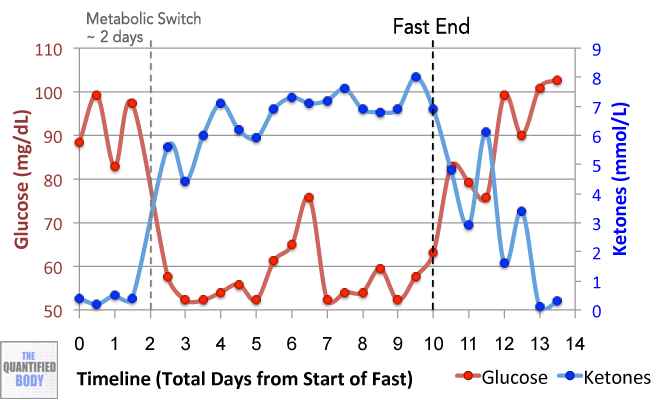James_Donnelly
Well-Known Member
- Messages
- 74
What do you guys think? Hypo's are just an unfortunate inevitability of being a diabetic but how many is too many before you should think about switching up your insulin and/or speaking to your doctor or DSN?
In the last 3 months I've become more insulin sensitive, I think due to starting to exercise again, and have been adjusting my insulins, both basal and bolus. I was on 18 units for basal a night, then moved to 16, then 14 and now 12 and my bolus to carbs ratio has moved up especially for my lunch and dinner in the last few weeks where I seem to need less insulin than I would for my breakfast even if the carbs are the same.
Anyway, how many hypo's a week is too many do you think? I'm probably having like 6/7/8 a week the last 3 weeks maybe and this is very different for me. The most I've been having since diagnosis probably. I used to have like a couple a month, although that was when my diabetes wasn't as well controlled. Not poorly controlled just my hba1c was probably like 55ish whereas now it is closer to 40 I would guess.
In the last 3 months I've become more insulin sensitive, I think due to starting to exercise again, and have been adjusting my insulins, both basal and bolus. I was on 18 units for basal a night, then moved to 16, then 14 and now 12 and my bolus to carbs ratio has moved up especially for my lunch and dinner in the last few weeks where I seem to need less insulin than I would for my breakfast even if the carbs are the same.
Anyway, how many hypo's a week is too many do you think? I'm probably having like 6/7/8 a week the last 3 weeks maybe and this is very different for me. The most I've been having since diagnosis probably. I used to have like a couple a month, although that was when my diabetes wasn't as well controlled. Not poorly controlled just my hba1c was probably like 55ish whereas now it is closer to 40 I would guess.

